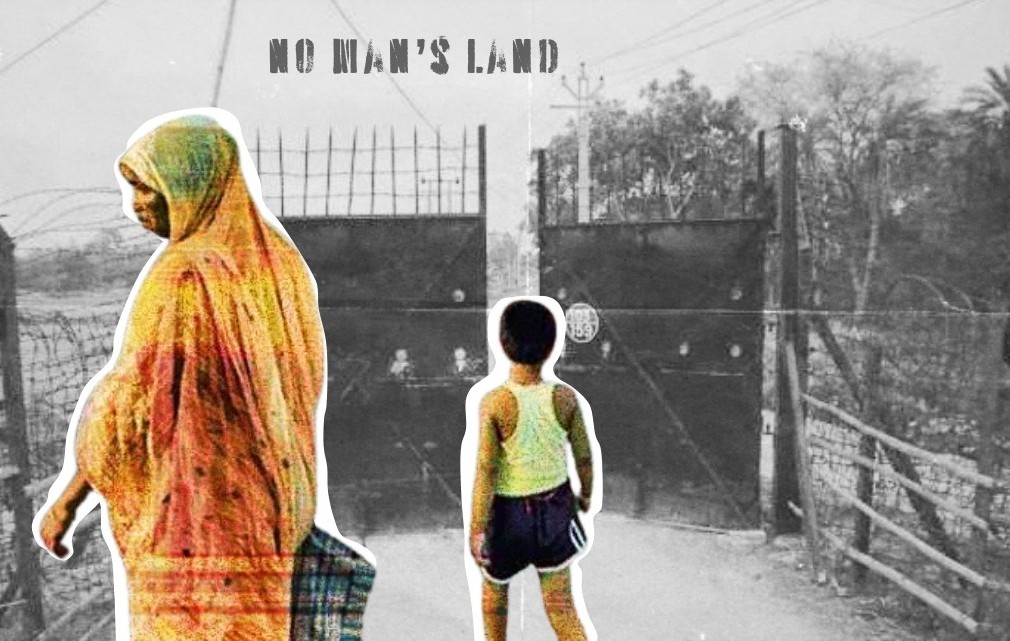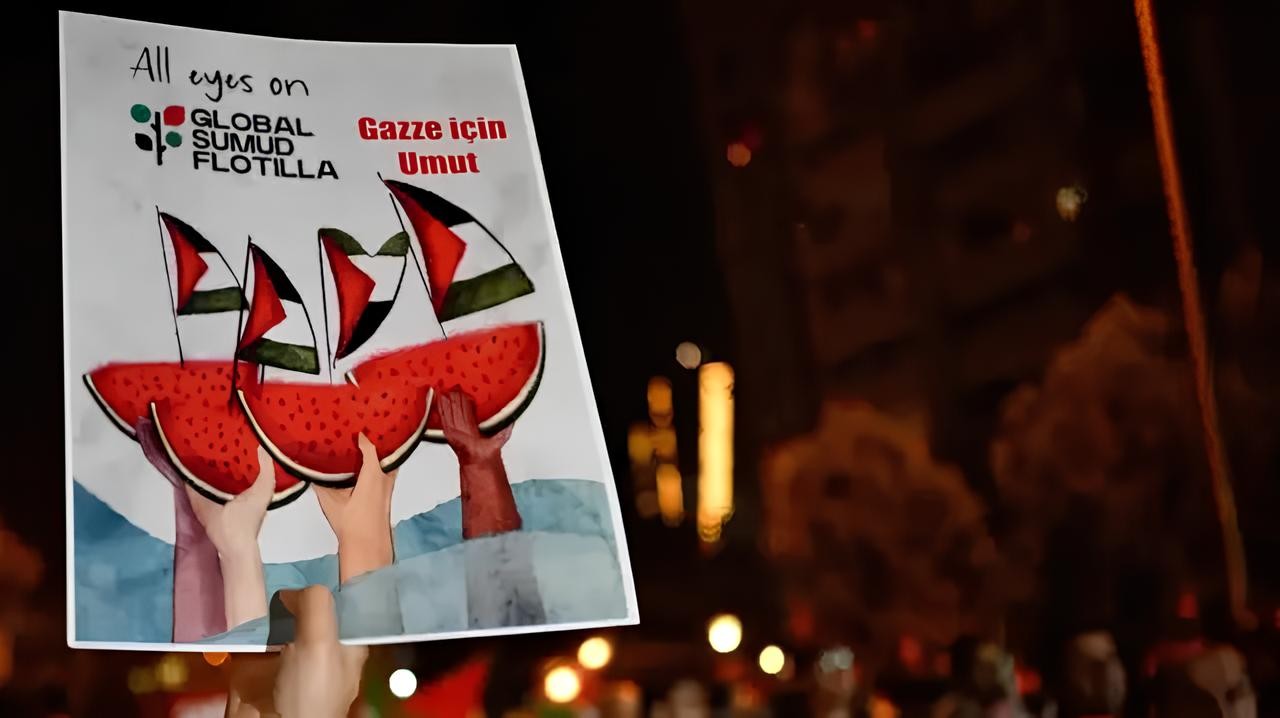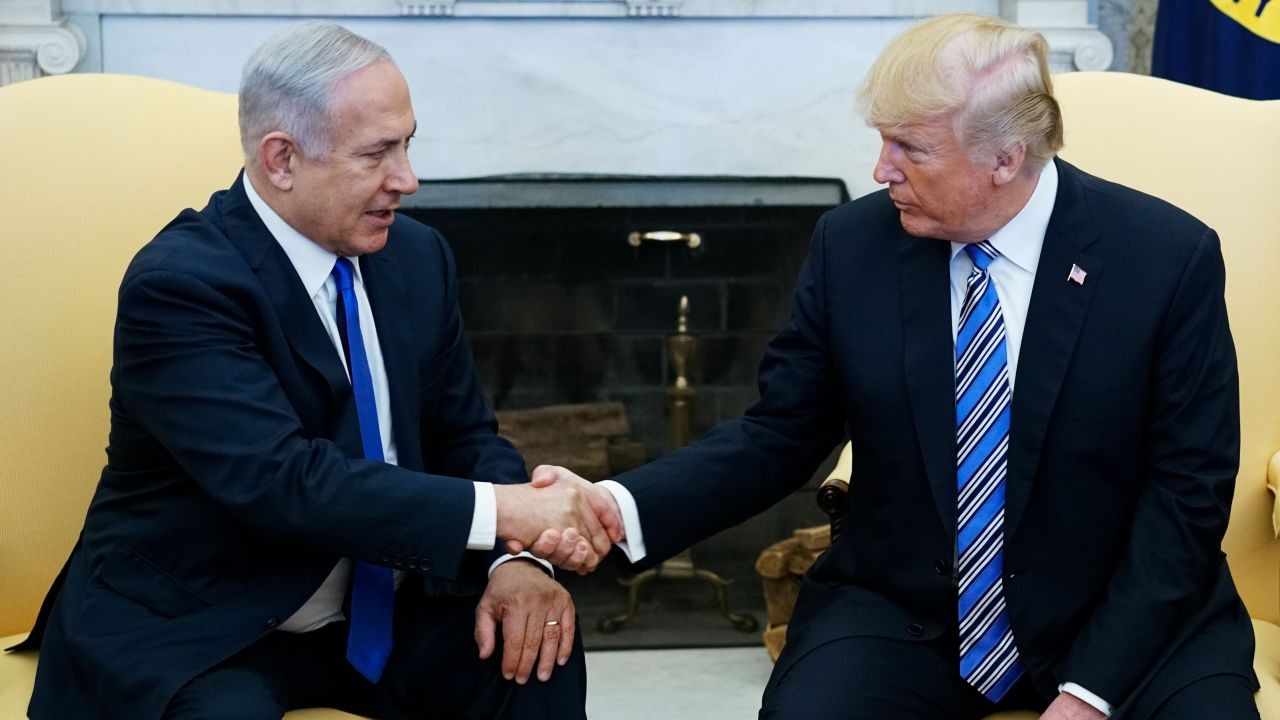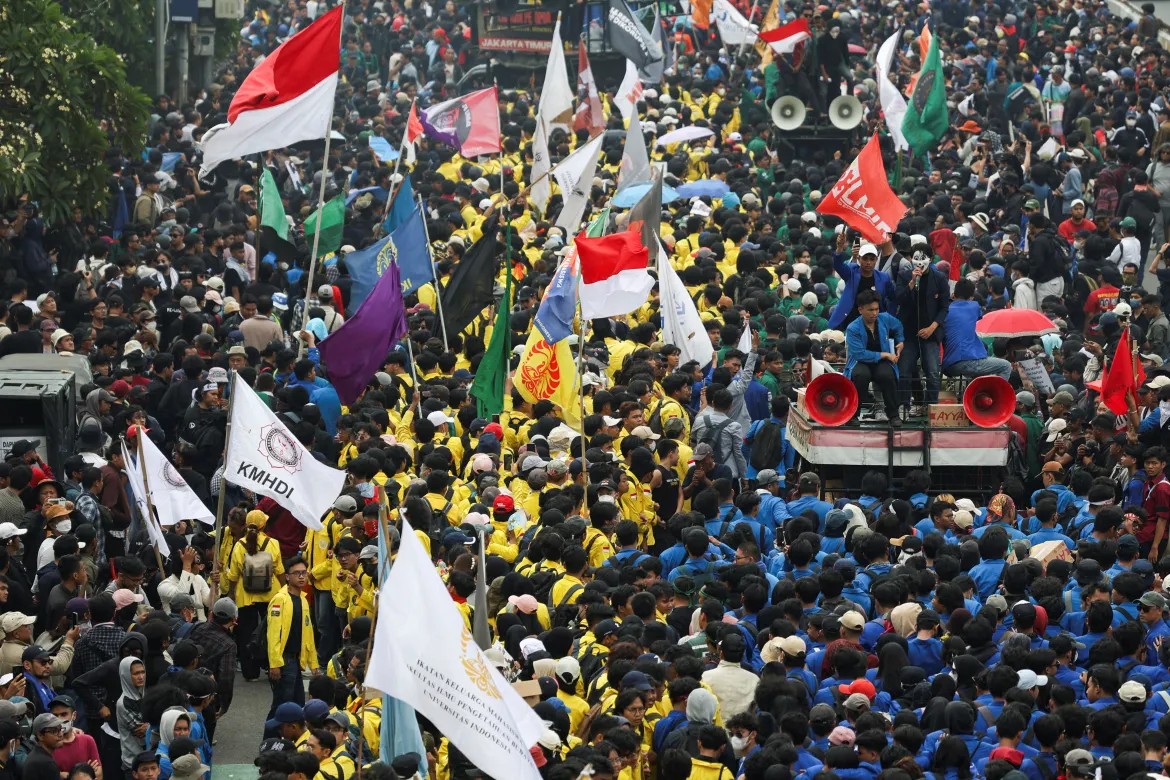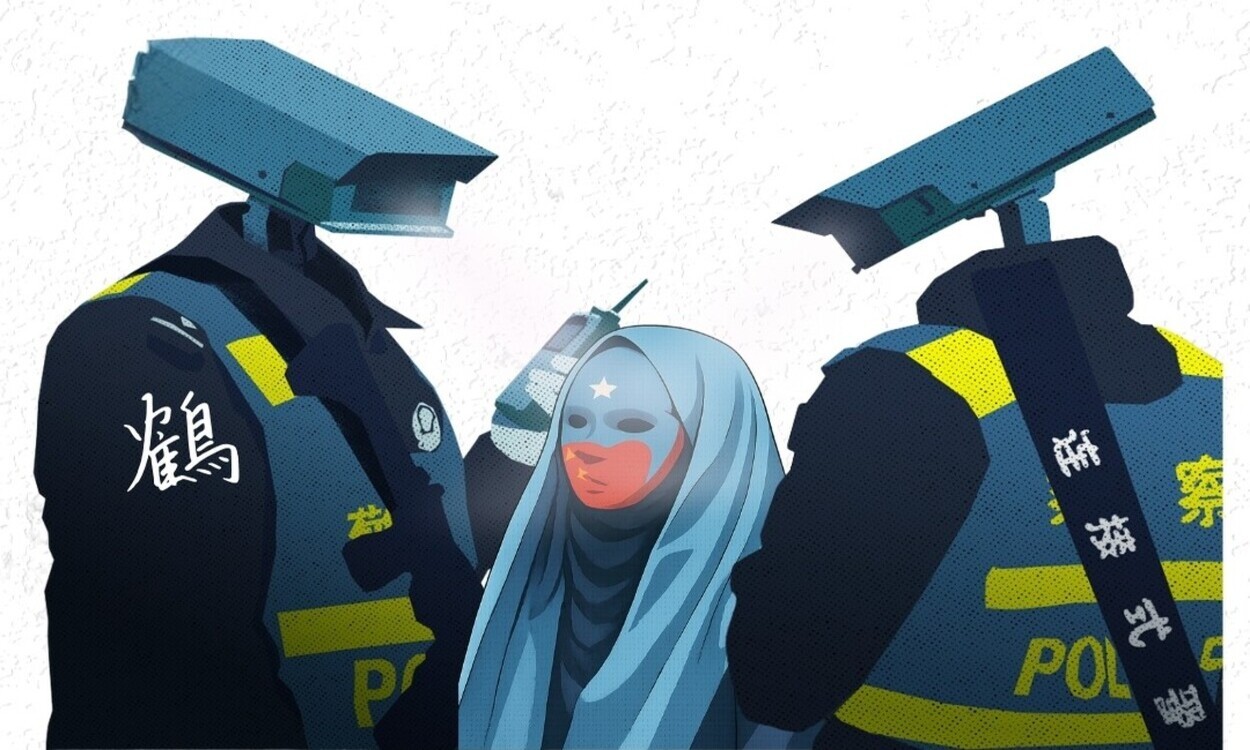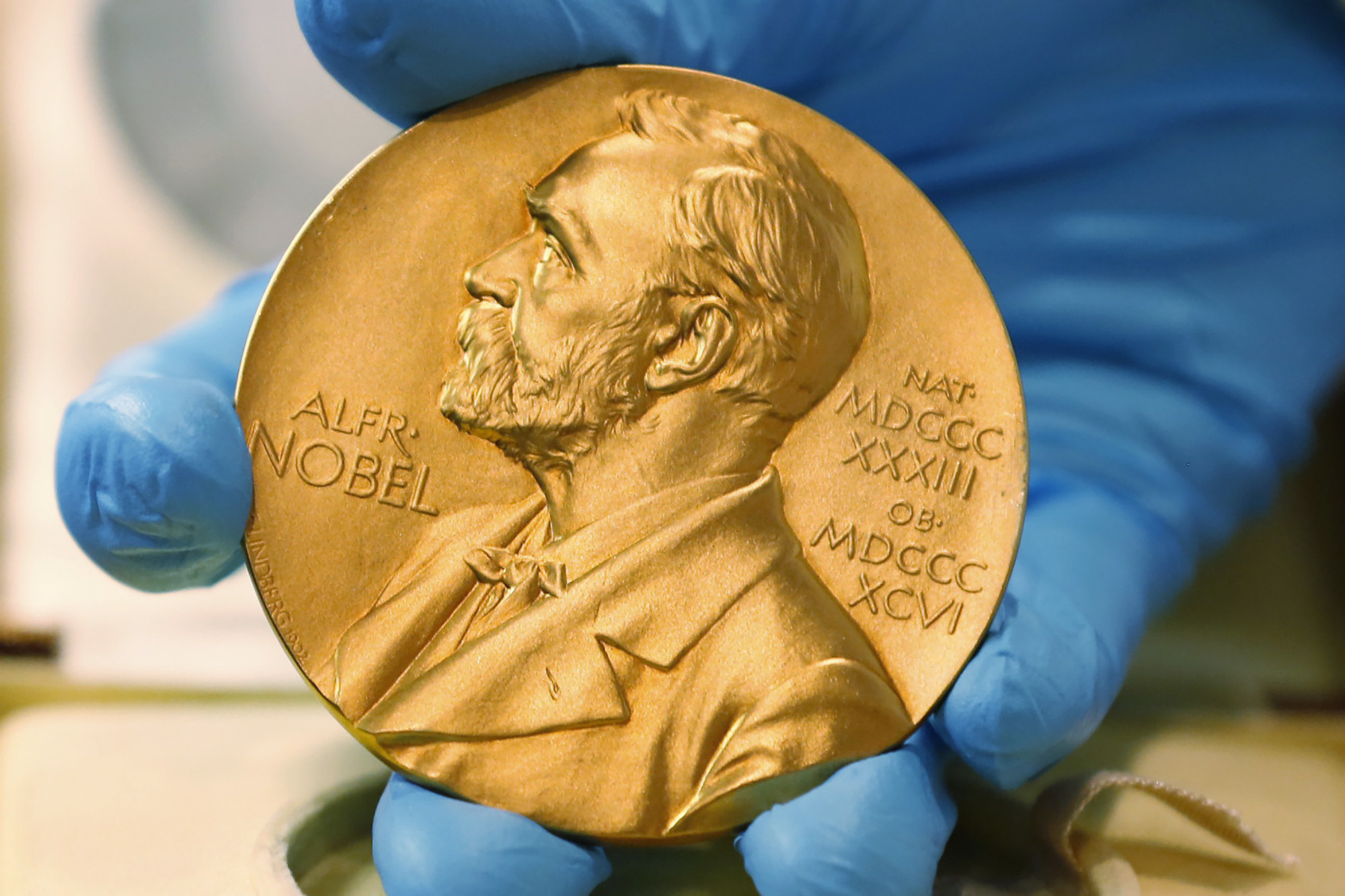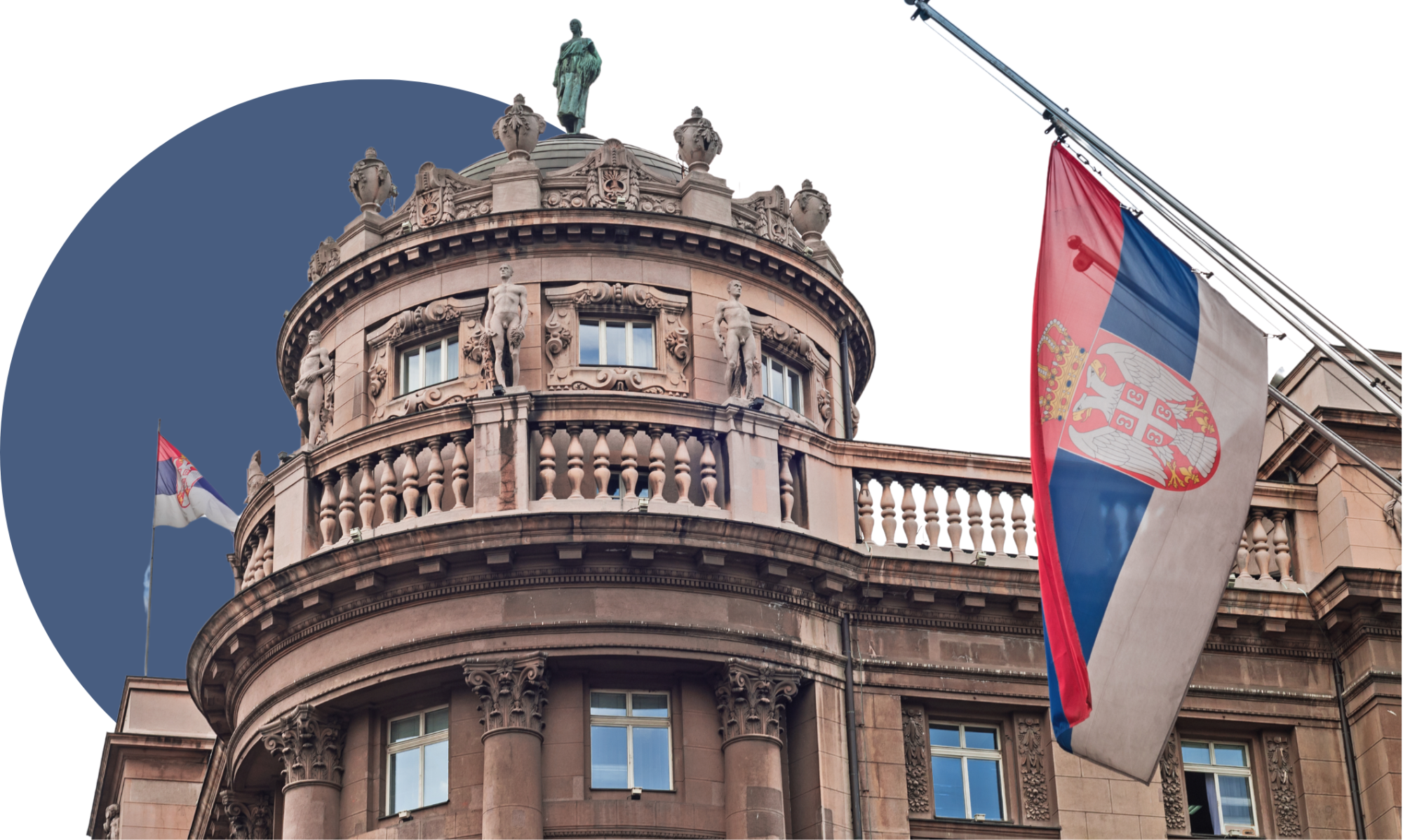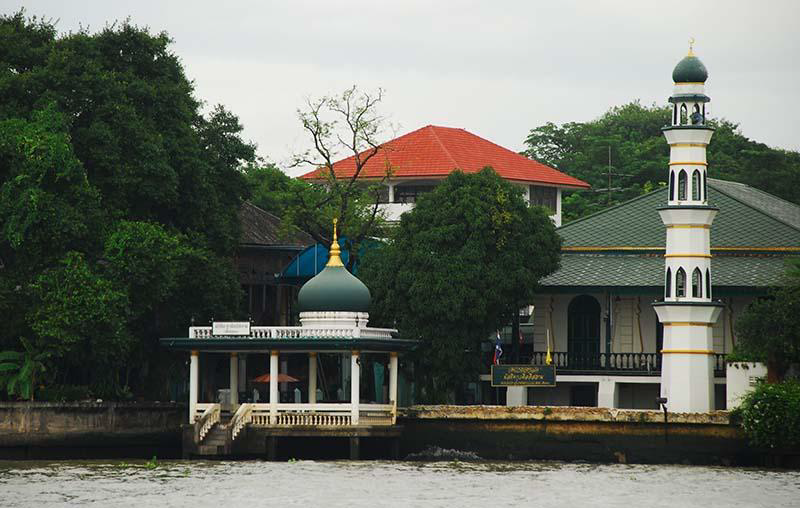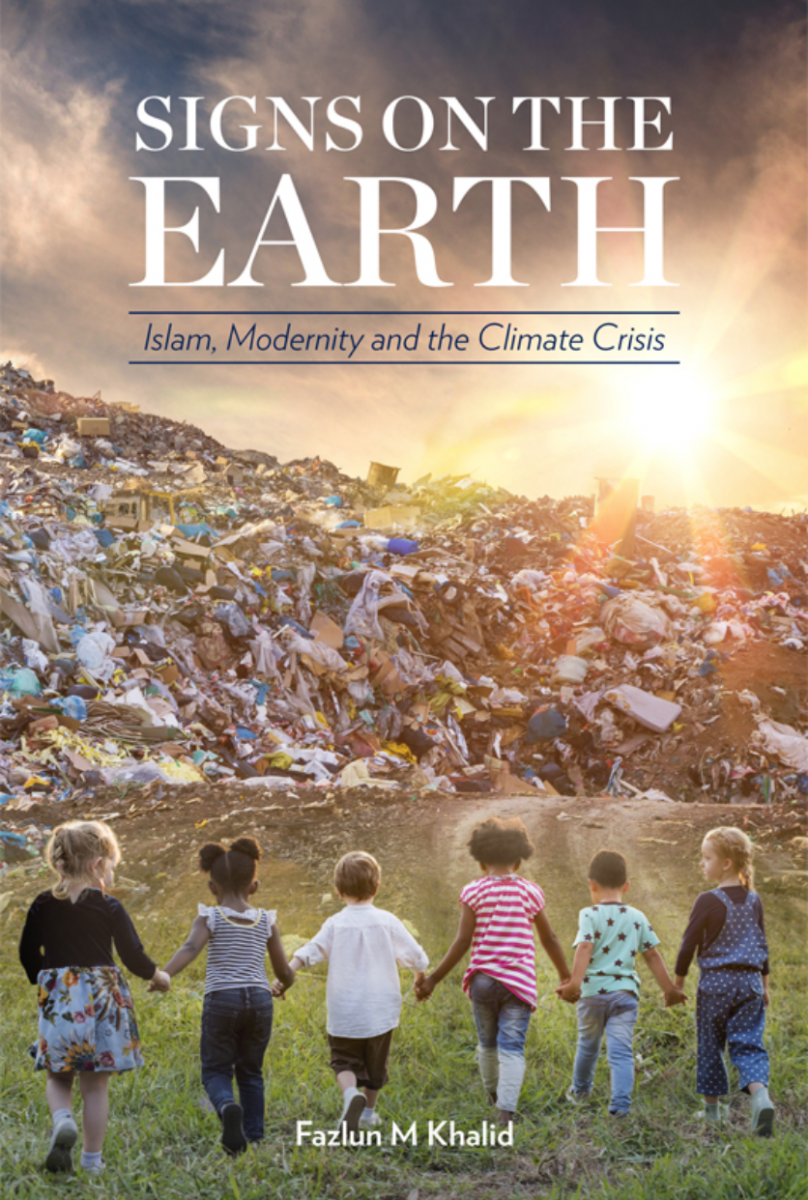
Book Review: Signs on the Earth: Islam, Modernity and the Climate Crisis
Fazlun Khalid, a British eco-theologian of Sri Lankan origin born in 1932, is generally concerned with Islamic environmental ethics and issues related to Islam and ecology. He has conveyed his insights to readers through his works, “Guardians of the Natural Order” and Signs on the Earth: Islam, Modernity and the Climate Crisis.
He has lectured on Islamic environmentalism in various places such as the United Nations, Davos, and the Vatican. He has been described as the “most active Islamic environmentalist alive today” by Nova Science. In 2008, he was listed among the top 100 environmentalists in the United Kingdom by Independent on Sunday and was also recognized among the 500 most influential Muslims. Currently, he serves as the Founding Director of the Islamic Foundation for Ecology and Environmental Science (IFEES).
The goal of the Islamic Foundation for Ecology and Environmental Science is to create a comprehensible doctrine for the environment by drawing from the Quran and Hadith literature. The book Signs on the Earth: Islam, Modernity and the Climate Crisis discusses research and arguments produced in this direction. The author raises the question, “Is it possible to change our relationship with the environment by drawing from ancient texts and teachings?” and presents an environmental perspective within the framework of Islam, utilizing Islamic sources to convey an environmental discourse to the present day. The author emphasizes that Islam takes a holistic approach to existence, not distinguishing between the spiritual and worldly realms, and as a result, it does not exempt nature from human responsibility. The Quran charges humans with a responsibility toward the ecosystems they inhabit. Islam regulates one›s relationship with nature by showing their place and responsibilities within the natural order. While it may not explicitly state “Protect the trees,” it guides individuals to act in a way that includes protecting trees as part of their environmental responsibilities. Therefore, the author asserts, “Islam is environmentalism.”
In his book centered around the concept of Islamic environmentalism, the author takes a critical stance against consumer culture and the exploitation of natural resources. According to the author, modernization, the industrial revolution, and globalization have disrupted natural systems and led to the commodification of the environment, damaging humanity's relationship with the world.
"The deepening environmental crisis, according to the author, should remind Muslims of Islam’s rich ecological teachings, and he emphasizes that Islam possesses important principles for the environment that are relevant to all of humanity."
The book consists of six chapters with various subheadings. In the introductory chapters of the book, a historical perspective on consumption, capitalism, and the exploitation of natural resources is presented, addressing related problems. Under the title “A Broken World,” the focus is on issues such as species extinction, biodiversity, potential species extinctions, and pollution. Concepts like happiness, good living, hope, and sustainable development are discussed under the heading “Welfare Perspective.” Islam and the Natural World delves into Islamic environmental principles. Overall, the chapters of the book convey specific concepts and principles in light of historical perspectives.
Khalid fundamentally criticizes capitalism, asserting that the primary cause of natural resource exploitation is a political economy that fuels consumer culture. He suggests transitioning from an unlimited economic growth perspective to a circular economy model.
The author’s development of a critical view of the political economic system and his detailed and applicable presentation of Islamic environmental teachings in the book highlight its unique aspect. Presenting Islam›s perspective on the environment and its principles as a prescription for all of humanity may empower Muslims to take a leading role in environmental issues. In this regard, the book constitutes a significant contribution to the environmental contributions made by Muslim communities.
Ayşe Aykanat
...
 Ayşe Aykanat
Ayşe Aykanat